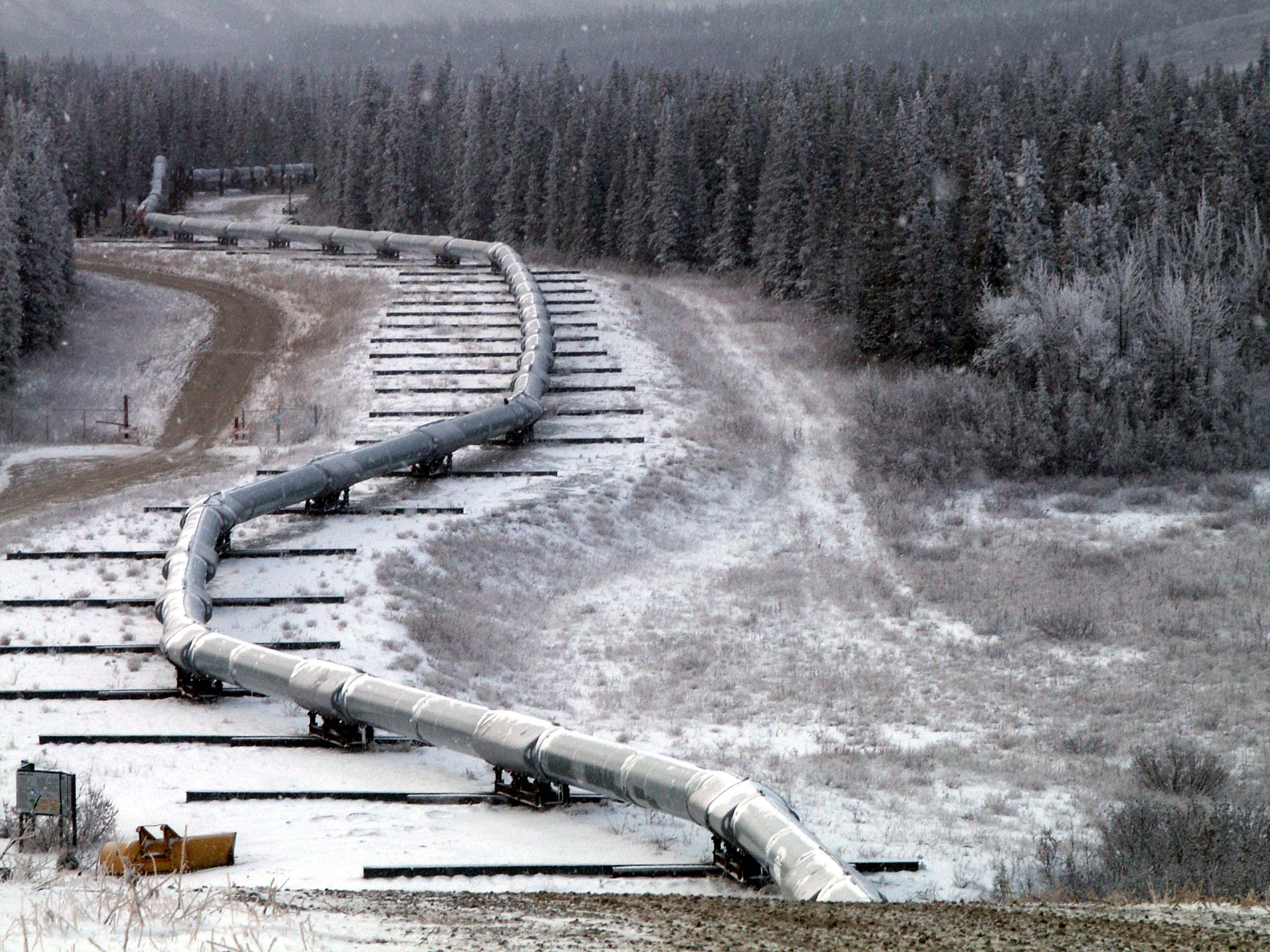The longstanding “will they or won’t they” dynamic existing between B.C. premier Christy Clark and Alberta premier Alison Redford took a turn for the depressing recently when they announced they had come to a framework agreement on pipelines. While short on specifics and not making any firm pledges, the deal appears intended to bring Enbridge’s controversial Northern Gateway project, which seeks to transport diluted bitumen from the Alberta tar sands to B.C.’s North Coast for export, one step closer to fruition.
With Enbridge and its prospective pipeline gaining momentum, opposition to the plan is not far behind, and proposals abound for how best to defeat this and other fossil fuel-related developments. Political commentator Rafe Mair, for instance, in two recent columns in The Tyee, has challenged the B.C. government to hold a referendum asking voters the simple question: “Are you in favour of oil pipelines and oil tankers in British Columbia?”
Mair has been a passionate defender of the environment for many years, taking on such foes as salmon farming and private power production (more than making up, in my opinion, for his participation in the Social Credit governments of old), so when he speaks up, it is worth listening to what he has to say.
Yet I cannot help but feel a little ambivalence — a tinge of skepticism even — towards this particular proposal. If the government could be convinced to go down the referendum route, the major advantage — and it’s a big one — would be that Enbridge would probably lose. Fossil fuel boosters may have the ability to outspend environmentalists, but public opinion polls in B.C. have consistently shown more people opposed to the pipeline than in favour. And it is a truism in politics that negative emotions are more motivating than positive ones, meaning that all else being equal, pipeline opponents would be more likely to show up and vote than supporters.
However, though probable, victory is far from assured. As a general rule, one should not support a referendum unless willing to accept its results when things don’t go according to plan. No electoral majority would be large enough to make me comfortable with the Enbridge project, and I suspect others feel the same way. To say this is not to give in to dogmatism or reject democratic decision-making, but simply to acknowledge that the referendum, though it has its uses, is not the ideal tool for resolving environmental issues. After all, most of the relevant stakeholders — including future generations and non-human animals — cannot possibly be part of any electorate. Then there is the question Indigenous rights, a constitutionally enshrined principle which ought never to be subject to this or that majority whim. Environmental governance by referendum sets a dangerous precedent.
For these reasons, my instinct is to say no to a referendum on Northern Gateway. The sad truth, however, is that pipeline opponents have the odds stacked against them and are not exactly spoiled for choice with respect to winning strategies. Rafe Mair (along with the Dogwood Initiative which, I understand, is considering a similar proposal) is to be commended for contributing to an important debate. A Northern Gateway pipeline would threaten the rights of First Nations communities, risk oil spills on land and at sea, and bring us closer to the edge of runaway global warming. (In the words of Mark Jaccard, “the impacts of climate change are local — everywhere!”)
Concerned citizens would do well to inform themselves and make their voices heard. A series of events under the banner of “Defend Our Climate” (including an anti-Enbridge rally in Vancouver) will be held across the country this Saturday.
Image: wikipedia commons



